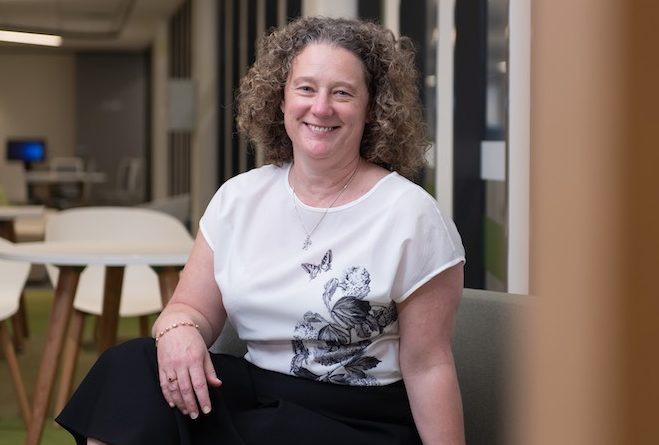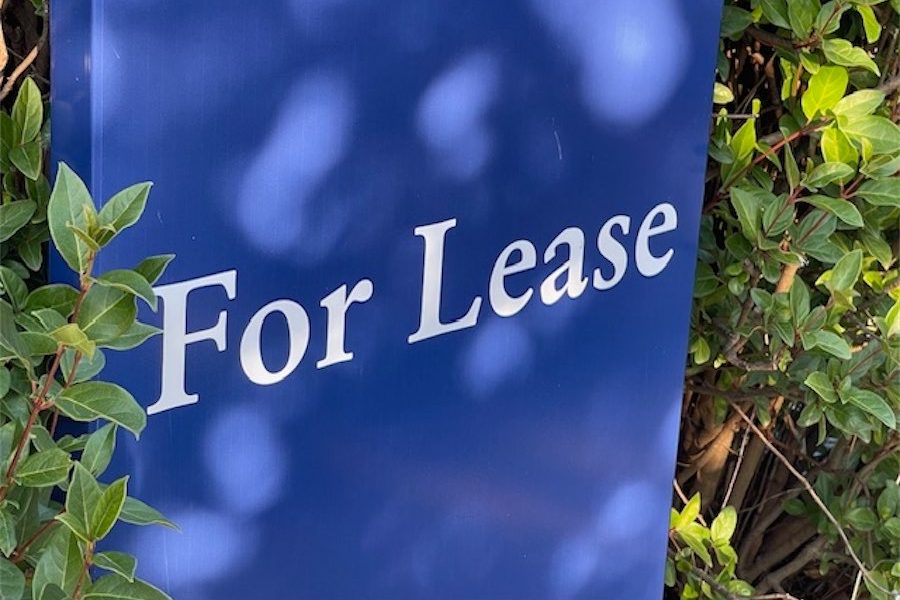
Who is Kerryn Coleman? Reporter DANIELLE NOHRA meets the ACT’s reassuringly calm medical face of the coronavirus pandemic – and chief health officer only since December.
WHEN Dr Kerryn Coleman took on the role of ACT chief health officer in December an international health pandemic wasn’t on her to-do list.
Kerryn was planning to focus on sexual health in the community, but has had to put all efforts into the crisis instead.
Not that she came to it unprepared, having worked as a public health registrar in Perth (where she grew up), a medical officer in the NT, a medical adviser in Canberra and the director of public health at the Central Queensland Hospital and Health Service.
“I had only recently been appointed chief health officer and I must admit, hadn’t really thought that I would be here at this point in this time of my career,” says Kerryn, describing the opportunity to lead in a crisis as challenging but rewarding.
At the time, Canberra was experiencing the unprecedented bushfires, and while the health response was not the main focus, Kerryn says the smoke aspect in the ACT was something that was not experienced before.
“There was that, and then the pandemic now. We all train, we all know that one day it’ll happen but this is probably the pinnacle of a health emergency – the proper, outright pandemic,” she says.
But it’s not her first and she recalls her work during the H1N1 (swine flu) pandemic in 2009.
“A pandemic comes around once every 10 years, if that,” she says.
“[But] the experience this time has been very different for a number of reasons. One, is the infection is very different. H1N1 was flu, this is coronavirus and we’ve not had a pandemic with coronavirus before.”
Kerryn’s also experienced in dealing with “run-of-the-mill” outbreaks such as pertussis (whooping cough), measles in NT, and the Zika virus in Queensland.
“I was in central Queensland and we had the first case and that one’s particularly important because the mosquito that transmits it is only found in central to north of Queensland,” she says.
“Part of the training and part of the experience absolutely prepares us for this. We have fantastic processes in place, fantastic guidelines that are generally around how you deal with an infectious disease and you get comfortable with the little bits.
“But a newly emerging disease that you don’t know much about, with a degree of uncertainty, like anyone else, it’s a new experience but we have the training, which we can base some actions on with a bit of confidence.”
While Kerryn’s lived in various states and territories across Australia, she and partner Peter have been in Canberra, where his family lives, on and off for about 10 years.
She likes working in the ACT because, she says, Canberra residents are really engaged with their own health.
“It’s been quite a pleasure to work with the community and to make sure that the information and the advice we have available is being taken up and being considered and discussed,” she says.
“The ACT community, from a national perspective, has responded [to the pandemic] fantastically and that’s exactly why we’re in the position that we are, in a strong position. They’re always very open and responsive to those communications.”
On finishing medical school, Kerryn became interested in the health of populations or groups of people.
“It’s a really nice mix of being able to work with communities – that engagement factor and the changes you can see that start with maybe some increasing trust and maybe some behavioural stuff and then they eventually do lead to changing health outcomes.
“And because they take so long and they’re embedded in a trust environment, they actually have longer-lasting implications, hopefully through generations as well.
“That’s what it’s about, it’s less about trying to fix the broken bone or what somebody’s presenting with at the time, but actually trying to improve the health and wellbeing of a group of people – gradually, steadily, sustainably over time.”
But for now, like the coronavirus, Kerryn is here to stay – even though her mum would like to have her back in Perth.
“I can’t see a time in the future where this [COVID-19] isn’t going to be part of our lives but I am definitely hoping that things will slow down a little bit and that we will get a bit of time to take a breath and really start enjoying some other aspects of life,” she says.
“But I suspect that this COVID-19 situation will be here for at least 12 months, or even 18 months, depending on if and when a vaccine is available.”
And when things do slow down, Kerryn would like to put time into some of the things she had initially planned to do, such as the environmental health space and education around sexually transmitted infections in young people.
Until then, she urges patience.
“We are in a really good position at the moment and it’s really important that we have some patience around easing of the restrictions,” she says.
“We’ve got a really good plan, we’ve set out some really important milestones that give us time to detect whether there are going to be any negative impacts from the easing of restrictions between those phases.
“We just need to allow that time to collect the evidence, to make sure it’s safe to keep moving.
“But, underpinning that is the fact that we are very confident about our response to any cases that we get so that our aim would be to prevent any outbreaks appearing as we do get cases.”
Who can be trusted?
In a world of spin and confusion, there’s never been a more important time to support independent journalism in Canberra.
If you trust our work online and want to enforce the power of independent voices, I invite you to make a small contribution.
Every dollar of support is invested back into our journalism to help keep citynews.com.au strong and free.
Thank you,
Ian Meikle, editor





Leave a Reply